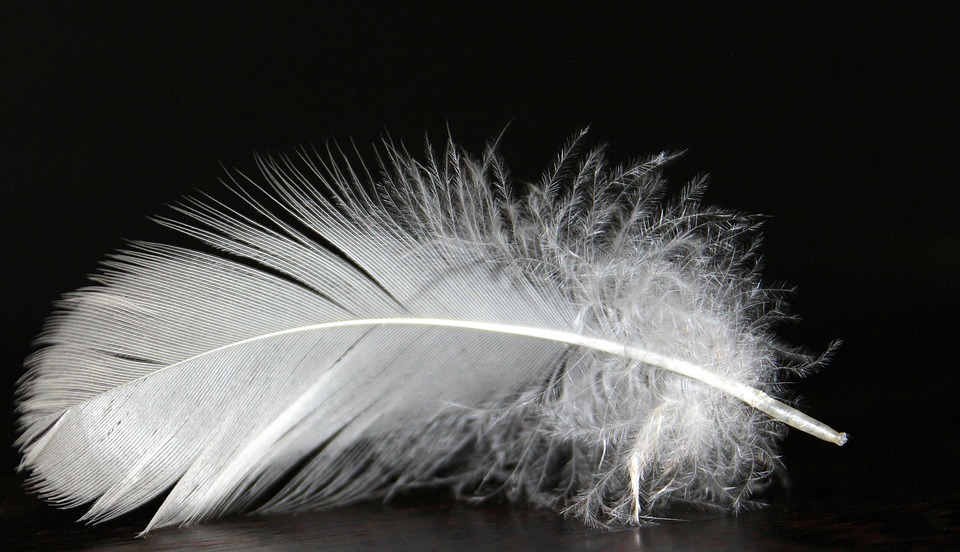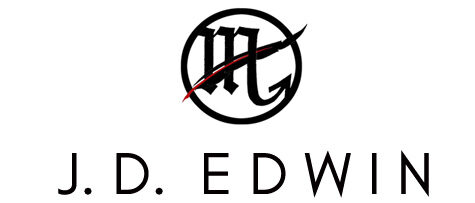
A few years ago, I wrote a story about a doctor with one arm seeking an emotional support angel. After many candidates he failed to connect with, he chose one with a broken wing.
This story was called Wingtips (you can read it here). It was the most clever title I could come up with at the time. It went on to become one of the six winners, picked out of hundreds, in a contest hosted by The Write Practice. I’d written many more short stories since then, but the story about the one-armed doctor remained special.
For one, it was actually the first proper short story I ever wrote. You see, I’d always thought of myself as a writer of long prose. I had a lot to say (which was to say I had a tendency to ramble and still do) and a short story could never seem to do the job. To fit a beginning, a middle, and an ending into three pages felt like a great challenge, one that I wasn’t sure I could take on.
The second reason was, the version submitted for the contest was actually the second version of the story. The first version was written three years before – and poorly, I might add. The man in the story started out as an office worker who dreamed of being a writer. Yes, yes, I can hear all the snickering in the back. I’m not the first or last person who inserted themselves into stories, but as Damon Knight states in Create Short Fiction, we all start out writing with some degree of narcissism. After all, who do we really write for but ourselves? This original main character found he had difficulty connecting to the angel candidates who came for interviews, until one of them, a young woman who arrived late, spotted the pile of unfinished manuscripts on his desk and commented that he was hiding some unfulfilled desire in his life. He decided to give her a chance.
As time went on and I gained knowledge and experience on how to properly construct stories, I rewrote this story. The man became a doctor, his past and personality became more complex, the angels who came through his door gained greater intrigue and quirk, and his broken dreams became a severed arm – a physical trait echoed by his final candidate.
Lately, in these uncertain times, I’d begun to think about this story again. The arm, after all, cannot be fully replaced. The doctor has gone on with life, adapting to his new normal, as had the angel at some point. Their normal was now different, but a part of them regardless, and ultimately, they recognized this change in each other. I can’t say how this particular chapter of life will end as the world adapts to its new normal, but I hope that when it’s over, we will have begun to find common ground and recognize the scars left by this difficult year in each of us. I myself am finding a new normal, one that involves writing taking a front seat rather than relegated to the back. How it will change me and life in general remains to be seen. But life goes on, for better or worse.
Cheers to the new normal.


Leave a Reply